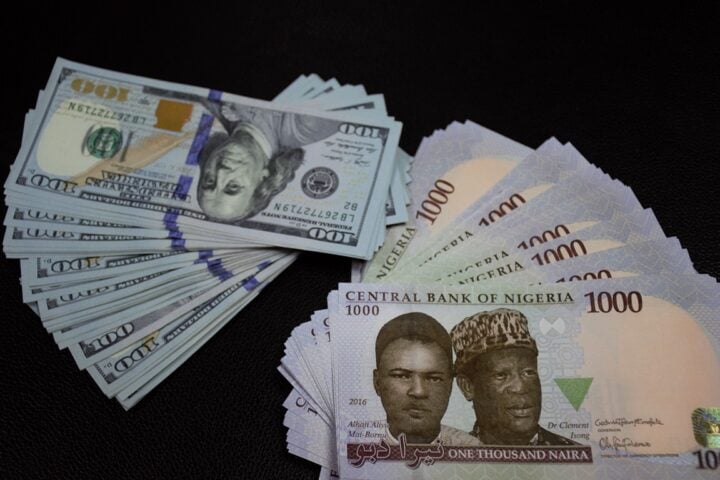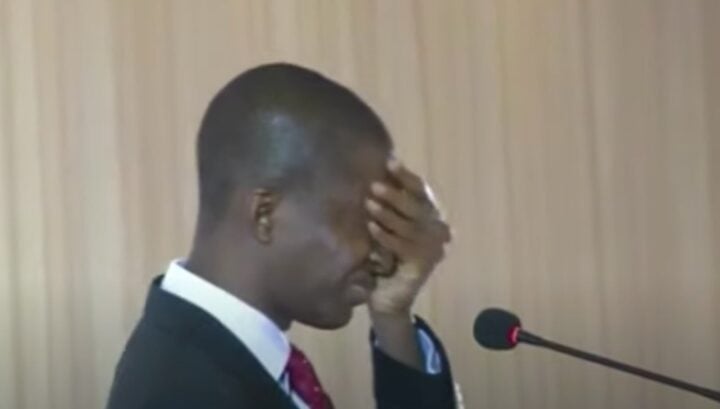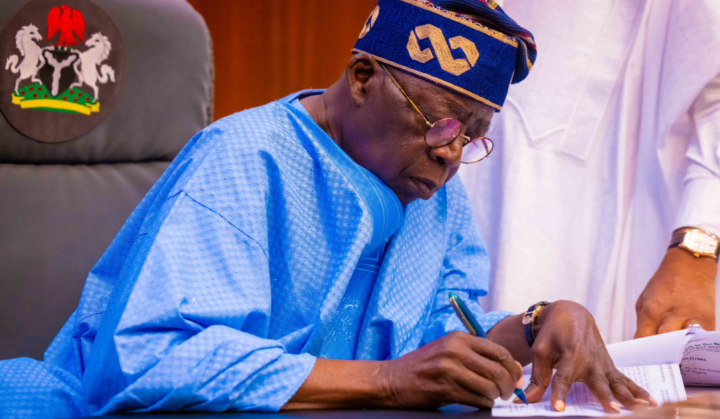The Central Bank of Nigeria (CBN) has announced the unification of all segments of the forex exchange (FX) market.
In a circular on Wednesday, the apex bank said all FX windows are now collapsed into the investors & exporters (I&E) window.
The CBN said the move is part of a series of immediate changes to operations in the Nigerian FX market.
“Abolishment of segmentation. All segments are now collapsed into the Investors and Exporters (I&E) window. Applications for medicals, school fees, BTA/PTA, and SMEs would continue to be processed through deposit money banks,” the circular signed by Angela Sere-Ejembi, director, CBN financial markets department, reads.
Advertisement
“Re-introduction of the “Willing Buyer, Willing Seller” model at the I&E Window. Operations in this window shall be guided by the extant circular on the establishment of the window, dated 21 April 2017 and referenced FM/DIR/CIR/GEN/08/007. All eligible transactions are permitted to access foreign exchange at this window.
“The operational rate for all government-related transactions shall be the weighted average rate of the preceding day’s executed transactions at the I&E window, calculated to two (2) decimal places.
“Proscription of trading limits on oversold FX positions with permission to hedge short positions with OTC futures. Limits on overbought positions shall be zero.
Advertisement
“Re-introduction of order-based two-way quotes, with bid-ask spread of N1. All transactions shall be cleared by a Central Counter Party (CCP).
“Reintroduction of Order Book to ensure transparency of orders and seamless execution of trades.
“The operational hours of trades shall be from 9am to 4pm, Nigeria time.”
The CBN said further guidance on the operational changes would be communicated to authorised dealers and the general public in due course.
Advertisement
The changes to operations in Nigeria’s FX market implies that the country has eased its control of the naira, allowing the local currency to freely float.
A free-floating exchange rate occurs when a government allows the exchange rate to be determined purely by market forces and there is no attempt to ask the central bank to influence the external value of the exchange rate.
Read TheCable’s explainer on what the naira float means for you and your business here.
Advertisement
Add a comment






